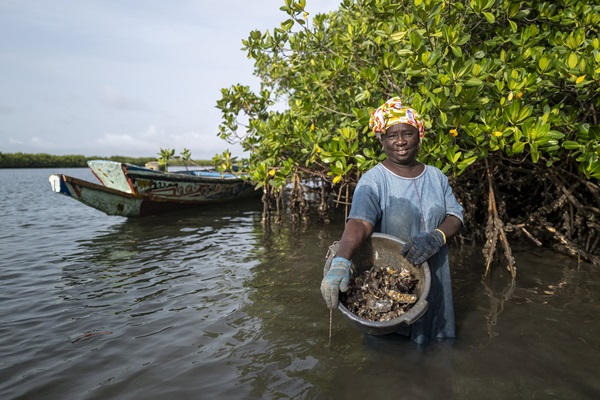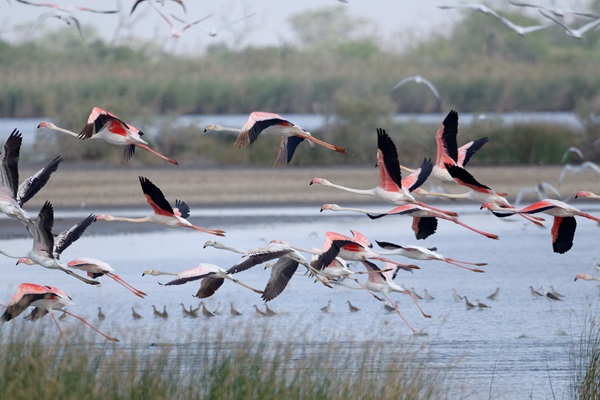
Collaborative Partnership on Sustainable Wildlife Management outlines new roadmap for 2023-2025
01/12/2023
The Collaborative Partnership on Sustainable Wildlife Management (CPW) has launched a two-year roadmap aimed at sustainable using and conserving wildlife while ensuring benefits for local people and their livelihoods. The CPW Secretariat is hosted by the Food and Agriculture Organization of the United Nations (FAO) and comprises 13 international organizations working to support the sustainable use and conservation of wildlife.
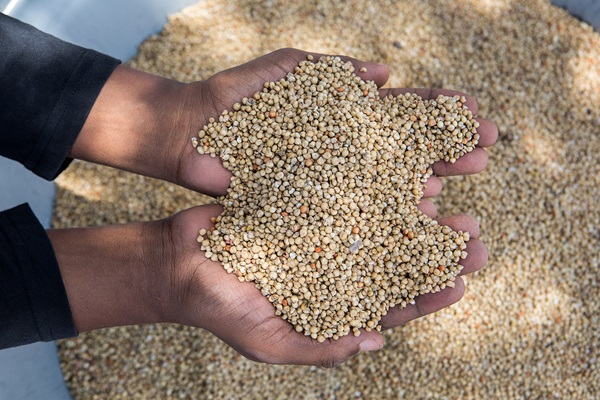
Seeds Play a Central Role in Saving Biodiversity
20/11/2023
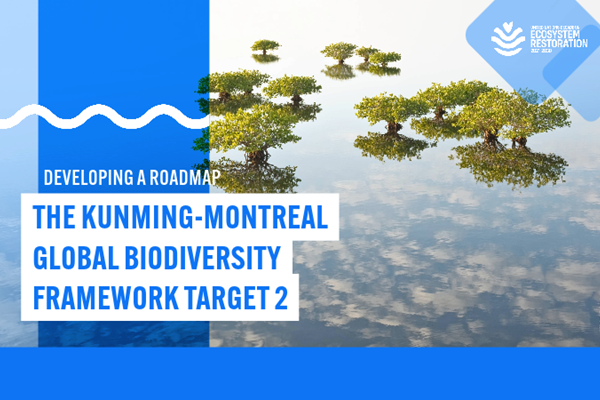
Workshop on ecosystem restoration under the Kunming-Montreal Global Biodiversity Framework at FAO headquarters in Rome
22/11/2023
From November 22nd to 24th, FAO, in collaboration with the Secretariat of the Convention on Biological Diversity and the United Nations Environment Programme will be co-hosting a significant workshop focused on developing a roadmap for supporting ecosystem restoration under the Kunming-Montreal Global Biodiversity Framework at FAO headquarters in Rome.
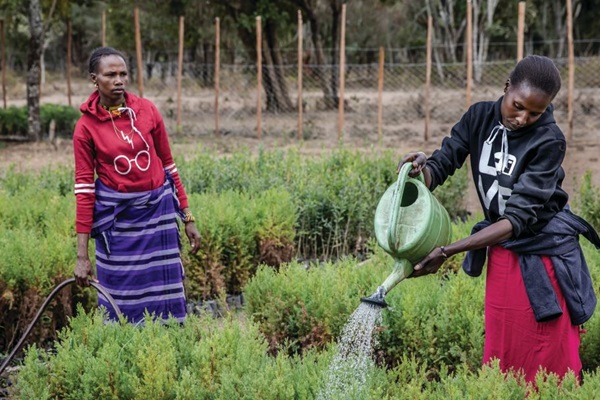
Towards more resilient and diverse planted forests
10/11/2023
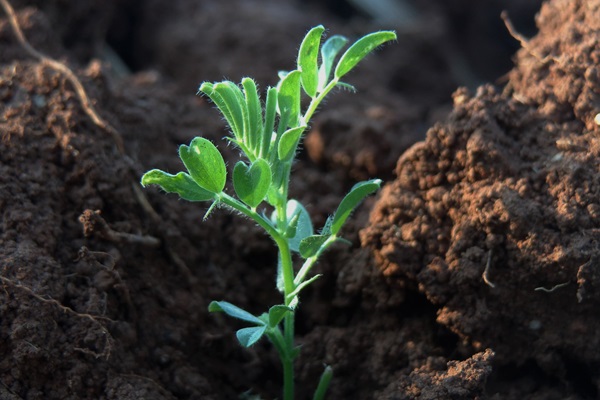
Upcoming webinar on 17 November: Status of the world’s soil biodiversity metrics, methods, and initiatives
09/11/2023
You are invited to attend a webinar on 17 November 2023 13:00-14:30 CET. The webinar aims to present the results of a global survey on the status of the world’s soil biodiversity metrics, methods and related initiatives. In addition, proposed metrics and methods for the Global Soil Biodiversity Observatory (GLOSOB) will be presented to the International Network on Soil Biodiversity (NETSOB) for community input. Please take a minute to register for the webinar HERE; If you are not a member of NETSOB, please join the network HERE.

New landmark study presents globally relevant metrics to inform strategies for plant genetic resources
23/10/2023
The Secretariat of the International Treaty released a study, The plants that feed the world – Baseline data and metrics to inform strategies for the conservation and use of plant genetic resources for food and agriculture, bringing together crucial data on over 350 food and agricultural crops, made possible in collaboration with the Alliance of Bioversity International and CIAT and the Global Crop Diversity Trust. This is the first time that databases from various global sources have been pooled to create a comprehensive set of metrics to help inform decision-making in managing plant genetic resources for food and agriculture. Read more here.

World Food Day 2023
02/10/2023

On the road to net zero emissions with agrifood system solutions
20/09/2023
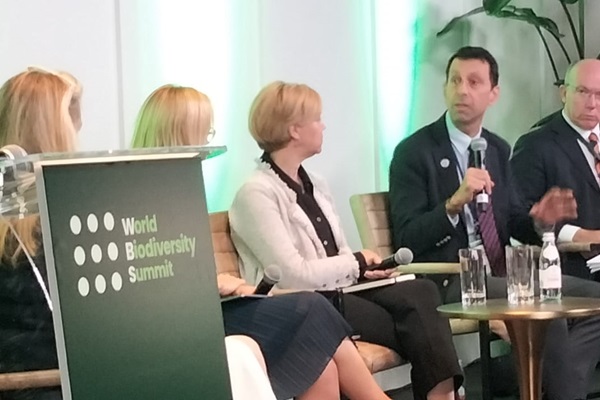
The World Biodiversity Summit: Partnering for Nature
21/09/2023

Developing a roadmap for Global Biodiversity Framework (GBF) Target 2
19/09/2023

SDG Summit: FAO Ministerial Dialogue underscores the links between biodiversity, climate and food security
19/09/2023

Nature Driving Economic Transformation
17/09/2023
Launched at the SDG Summit, the High Impact Initiative on Nature Driving Economic Transformation aims to bring together countries undertaking significant economic shifts, and catalyzing a global movement in evidence-based policies and investments for an inclusive green transition that accelerates progress on the SDGs, recognizes and supports nature contributions and dependencies, and reduces related risks to support a Biodiversity Economy. Overview of SDG Action Weekend; Overview of all High Impact Initiatives; High Impact Initiative: Nature Driving Economic Transformation. Live Webcast on Sunday at 11:45 AM Eastern Time (6:45 PM Eastern Africa Time).

Multistakeholder consultation on biodiversity mainstreaming in Madagascar
24/08/2023

FAO, CFI, Common Oceans at launch of GEF Global Biodiversity Framework Fund
01/09/2023
-min.tmb-th600x400.jpg?Culture=en&sfvrsn=acada1a_1)
Invasive Alien Species Pose Major Global Threats to Nature, Economies, Food Security and Human Health
04/09/2023

Efforts to safeguard biodiversity receive welcome boost
25/08/2023

A Tool to Tackle the Climate and Biodiversity Crises: Our Agrifood Systems
23/08/2023
STORY HIGHLIGHTS: From climate change to biodiversity loss, food waste to conflict, these colliding disasters must be tackled together, and sustainable agrifood systems are key with the capacity to put the brakes on or even reverse damage already done. We look to this week’s Seventh Assembly of the GEF, the largest gathering of a family of funds dedicated to confronting biodiversity loss, climate change, pollution, and strains on land and ocean health. Looking forward – to the SDG Summit, to UNFCCC COP 28, and to 2030 – we have to continue investing in and scaling up these approaches.

Tracing biodiversity impacts of livestock from Kyrgyzstan and beyond
08/08/2023

Indigenous Peoples and the Vital Role of Wild and Stingless Bees in Preserving Biodiversity
09/08/2023
